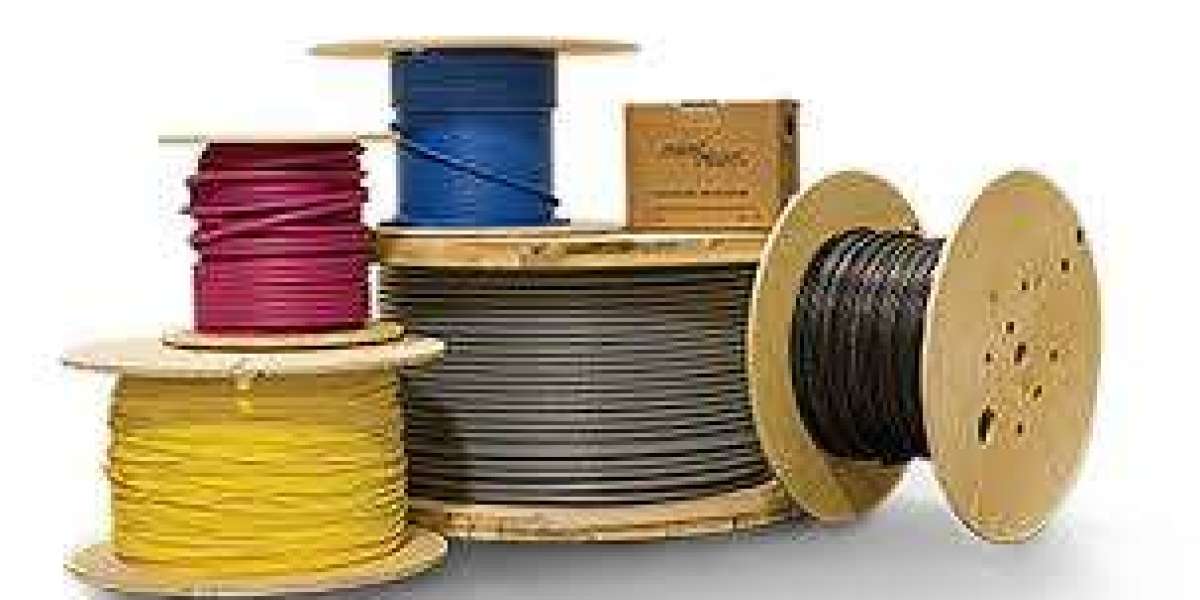With the increasing popularity of 3D printing technology today, PLA (polylactic acid) filament is one of the most common printing materials, and its demand is also rising. Mass production of PLA filament can not only meet the broad needs of the market, but also bring many benefits.
cost-effectiveness
Mass production of PLA filaments can significantly reduce the cost per unit of product. By purchasing raw materials on a large scale, producers can enjoy better prices. In addition, mass production can also improve the efficiency of the production line, reducing the production time and labor costs per unit of product. These cost savings can ultimately be translated into more competitive product prices, benefiting consumers.
Quality assurance
Mass production is usually accompanied by standardized production processes and strict quality control measures. Manufacturers can manage raw materials and production processes more carefully in mass production to ensure the quality of each batch of products. This is particularly important for 3D printing applications that require a high degree of consistency and reliability. Standardized production can also reduce the rate of product defects, reduce the cost of rework and after-sales service.
Stability of supply
For 3D printing companies and users that rely on PLA filament, supply stability is critical. Mass production ensures that there is sufficient supply of PLA filaments on the market to avoid material shortages affecting production or project schedules. A stable supply chain can also help businesses and users better plan their purchases and use, reducing the risk of material shortages.
Product diversity
Mass production gives manufacturers the ability to develop and produce PLA filaments in a variety of specifications and colors to meet the needs of different users. Whether it is industrial grade high-strength PLA filament, or special color filament for artistic creation, mass production can provide more options. This diversity has promoted the application and development of 3D printing technology in more fields.
Environmental benefit
The PLA material itself is a biodegradable material that is more environmentally friendly than traditional petroleum-based plastics. Mass production of PLA filament can further improve its environmental benefits. By optimizing production processes and economies of scale, producers can reduce energy consumption and waste generation per unit of product. In addition, mass production helps promote the use of PLA materials, reducing reliance on traditional plastics and further reducing the environmental burden.
Technological innovation
Mass production provides a platform for technological innovation. Manufacturers can accumulate experience in large-scale production, discover problems and bottlenecks in the production process, and make technological improvements and innovations through R&D investment. This not only improves production efficiency and product quality, but also may lead to new PLA material formulations and production processes, driving the development of the entire 3D printing industry.
Market expansion
Mass production of PLA filament helps enterprises to open up a wider market. By providing high-quality and inexpensive products, enterprises can attract more domestic and foreign customers and expand market share. In addition, mass production can also improve the brand influence of enterprises, establish a good market image, and lay the foundation for the long-term development of enterprises.
In summary, bulk PLA filament production not only provides cost efficiency and quality assurance, but also ensures supply stability, promotes product diversity, improves environmental benefits, drives technological innovation and expands the market. Together, these benefits have driven the popularity and development of 3D printing technology, bringing positive impacts to society and the economy.








